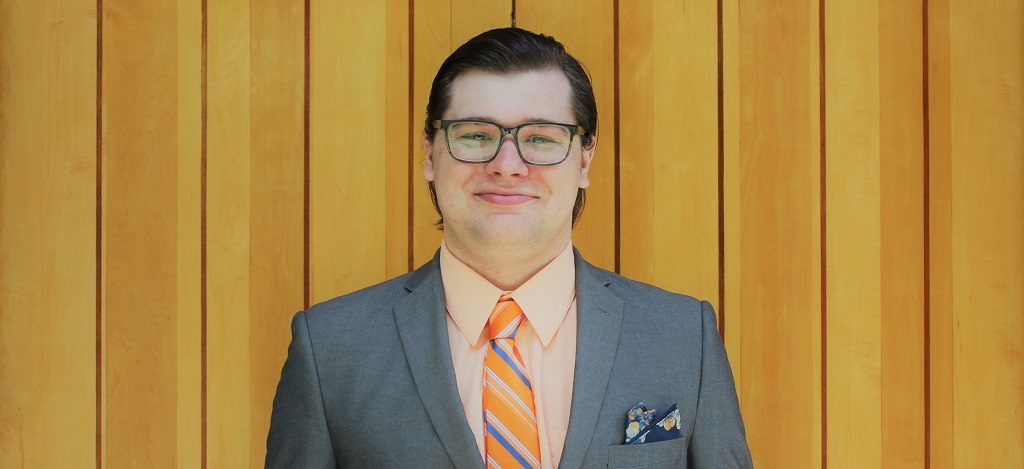- Photojournalist Aaron Lavinsky recently took to Twitter after Universal Music sent the social media site a take down request of his 30 second clip of a gigantic crowd of mourners singing Purple Rain shortly after Prince’s death in April 2016. The Minneapolis Star Tribune employee explained that “DCMA takedowns are an important tool for artists who need to protect their intellectual property online, but a major corporation abusing [the] system to remove a news video shot by a newspaper photographer is inappropriate.” Fortunately, the company later retracted its takedown request. However, the case shows just how easy it is for large corporations to ignore fair use laws and abuse the DMCA’s copyright takedown procedures. Had this reporter not known the law and had the voice, audience, and platform to fight back, this important news report could have been lost forever.
- Other reporters have noticed their content wholly reuploaded on LinkedIn and complained that the company fails to act quickly in removing obviously infringing material from its site. Den Howlett of diginomica.com found his article republished in its entirety on an account that did nothing but repost hundreds of other online news articles in their entirety. Eventually, LinkedIn removed the post and the account after multiple tweets back and forth between the original content creator and the social media site over a course of multiple days.
- TorrentFreak released a recent report that impostors are manipulating Google’s search results in their favor by filing false copyright takedown requests against their competitors. By sending in a request to takedown a competitor’s site under the guise of being the original content creator, impostors are able to boost their own search results on Google. It is important to note that the DMCA only allows copyright holders and authorized third parties to file takedown requests, but the bad faith requesters have ignored this critical requirement to great and damaging effect.
- The BBC is facing criticism that it used YouTube’s takedown regime to censor certain political messages. Earlier this month, the BBC sent takedown requests to YouTube that resulted in the removal of hundreds of videos uploaded by a pro-independence vlogger, Wings Over Scotland. The channel holds steadfast its belief that the videos fell squarely within the fair dealing exemptions to that country’s copyright laws. The user claims the BBC was acting with political bias in targeting pro-independence channels with takedown requests while allowing other political vloggers that shared its anti-independence values to use its content freely. The BBC denied this accusation and admitted to sending takedown requests for channels across the political spectrum. While this user’s defense is no where near as strong as the Purple Rain case above, the incident serves as an example of the fear that DMCA takedown requests may be used to silence certain political speech.
- YouTube operates on a three strike policy which results in an entire channel and account becoming subject to termination after three copyright infringements – a system that many have suggested is subject to abuse and often results in improper infringement determinations. Paul Davids recently received a warning that he was infringing the copyright of his own song. Another YouTuber downloaded a track that he had uploaded, added vocals and a guitar riff, and reuploaded the improved song. Because the sites copyright detection system had determined Paul Davids’ video contained elements within the copycat’s video, Paul Davids received a warning for copyright infringement and was told that any money earned on his video would be redirected to the copycat. This type of thing happens frequently, many YouTubers suspect. In 2015, a YouTuber lost the monies earned from stock footage he uploaded and then licensed to Epic Records, after Sony sent the social media site a request to take down the YouTuber’s original content. Even Justin Bieber struggled to upload a new song after a fan beat him to hit in 2010.
- Recently, YouTube launched its Copyright Match pilot program which identifies full reuploads of original content on YouTube and allows the original poster to review it and decide to take action. In its announcement, YouTube was already cognizant that the new tool would be rife with abusers. It warned that intentional or repeated misuse of the system, attempted probing, or reverse engineering would result in loss of the feature. The company is putting the fair use determination in the hands of the original creator who may then request YouTube remove the infringing content from its site. In a sense, the company is crowd sourcing its copyright infringement prevention procedures back to the content creators themselves. However, some content creators have already criticized YouTube for keeping this and similar services in the dashboards of only a selected few. Others have suggested that this and similar tools are too risky – as the tools often result in unfair content deletion or channel removals. If the program is successful, its not hard to see how this regime could easily be expanded on YouTube and implemented across other social media sites like Facebook, Twitter, and Instagram as well as blog and web-hosting services.
About: DJ turned JD highlights the latest legal updates in the entertainment and media industries, intellectual property, the internet and social media. The blawg is compiled and curated by Bobby Desmond. After working as a radio personality, Bobby attended the University of Florida Levin College of Law in order to pursue an in-house legal career at an entertainment or media corporation. He has interned at PBS with America’s Public Television Stations in Arlington, VA and at AMC Networks in New York, NY. He graduated in May 2018 and passed the New York Bar Exam in July 2018.
